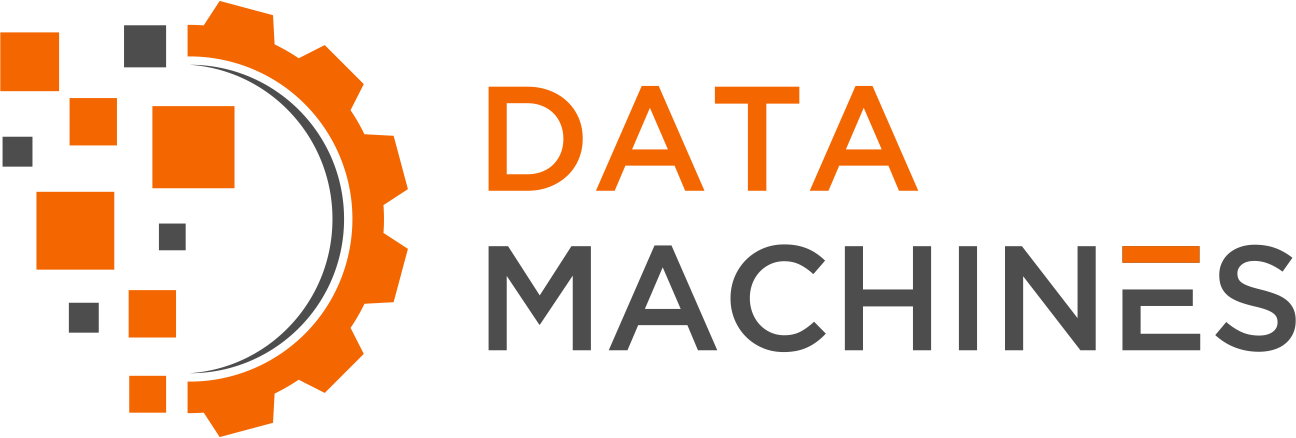DMC Advances New IEEE Standard for Federated Cloud Computing
Dr. Martial Michel, DMC’s Chief Scientific Officer, contributed to a recent article for the Institute of Electrical and Electronics Engineers (IEEE). As the Vice Chair of the IEEE Intercloud Working Group, Dr. Michel was tasked to shape the IEEE Standards Association’s IEEE 2302-2021, Standard for Intercloud Interoperability and Federation (SIIF).
“I’m very passionate about cloud computing and feel privileged to be a Vice Chair,” Dr. Michel shared. “The foundational work we are doing is similar to how cell service providers have made it possible to seamlessly use your cell phone anywhere in the world.”
In the article, Dr. Michel and his co-author, IEEE Intercloud Working Group Chair Dr. Robert Bohn, discuss how the cloud computing market expanded to $700 billion in 2021 and is expected to hit $1.3 trillion by 2025. With more and more data being processed by applications such as artificial intelligence (AI) and 5G, a single cloud environment can no longer handle the caliber of information it needs to hold.
Dr. Michel and Dr. Bohn highlighted a lack of interoperability as a critical setback to cloud technology’s growth. However, as more clouds become compatible, high-level security becomes more essential than ever.
The Intercloud Working Group argues the need for a cloud-agnostic scheme to interconnect cloud resources. The group, as a part of the IEEE Computer Society’s Cloud Computing Standards Committee, teamed up with the National Institute of Standards and Technology (NIST) to craft IEEE 2302.
IEEE 2302 offers a way to streamline cloud interoperability safely and efficiently. The new standard outlines a functional model that supports all processes and governance required to create and implement a successful cloud federation.
As detailed in the article, a cloud federation is “a virtual collaboration and security framework among two or more cloud providers, and it isn’t ‘owned’ by any one user or organization. More than just an aggregation of resources, a cloud federation is an arrangement in which participants’ identities, data, and other resources are managed as a unified, interoperable whole.”
Those who choose to take advantage of the federated cloud have to commit to upholding the common goals and governance initiatives for their federation. Their consent grants them access to official membership, identity credentials, and data sharing options.
Dr. Michel and Dr. Bohn explain the numerous benefits of a federated cloud, citing use cases such as coordinated international disaster response, collaborative research, and multi-stakeholder vaccine development.
DMC is proud of Dr. Michel and his commitment to setting the standard for federated cloud computing!Read the full article here.
